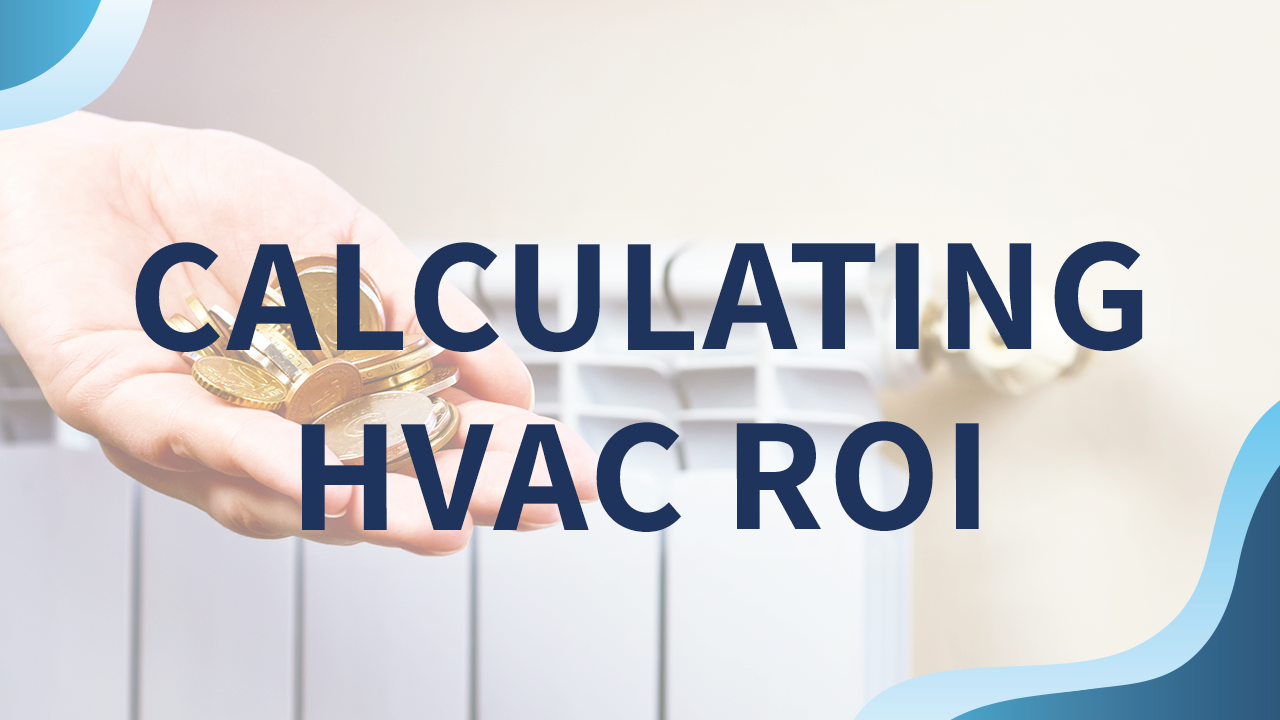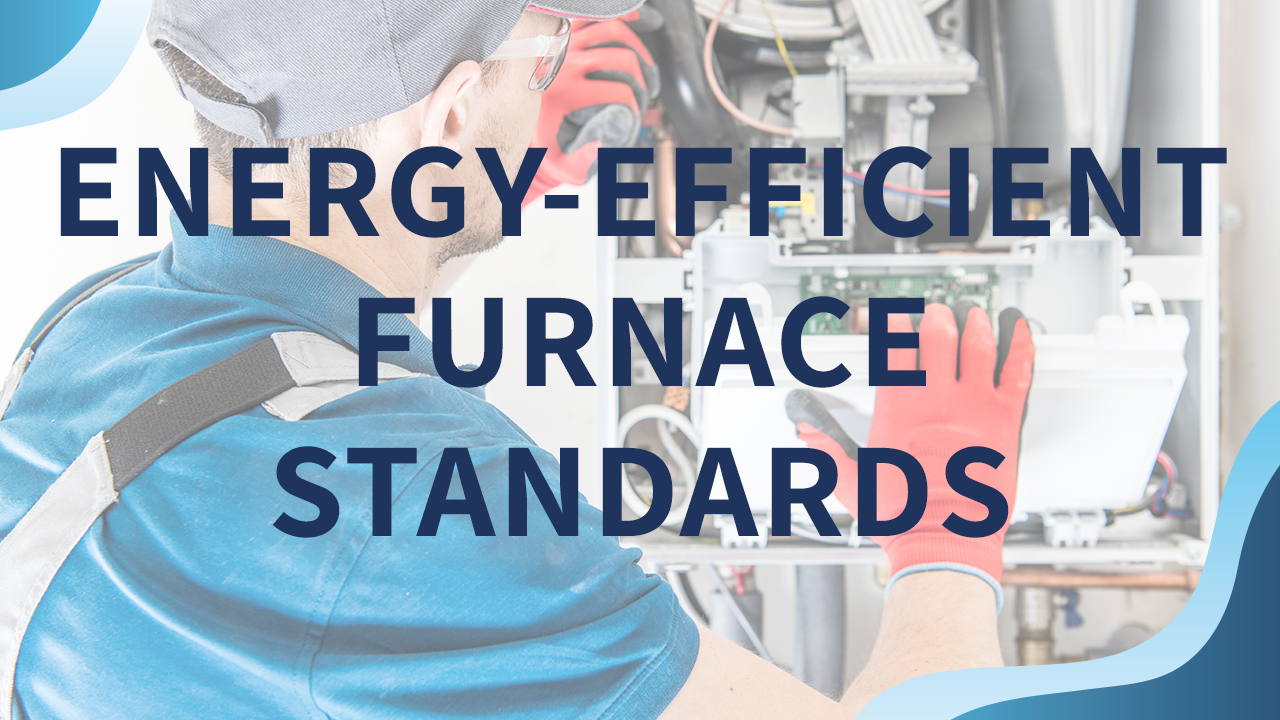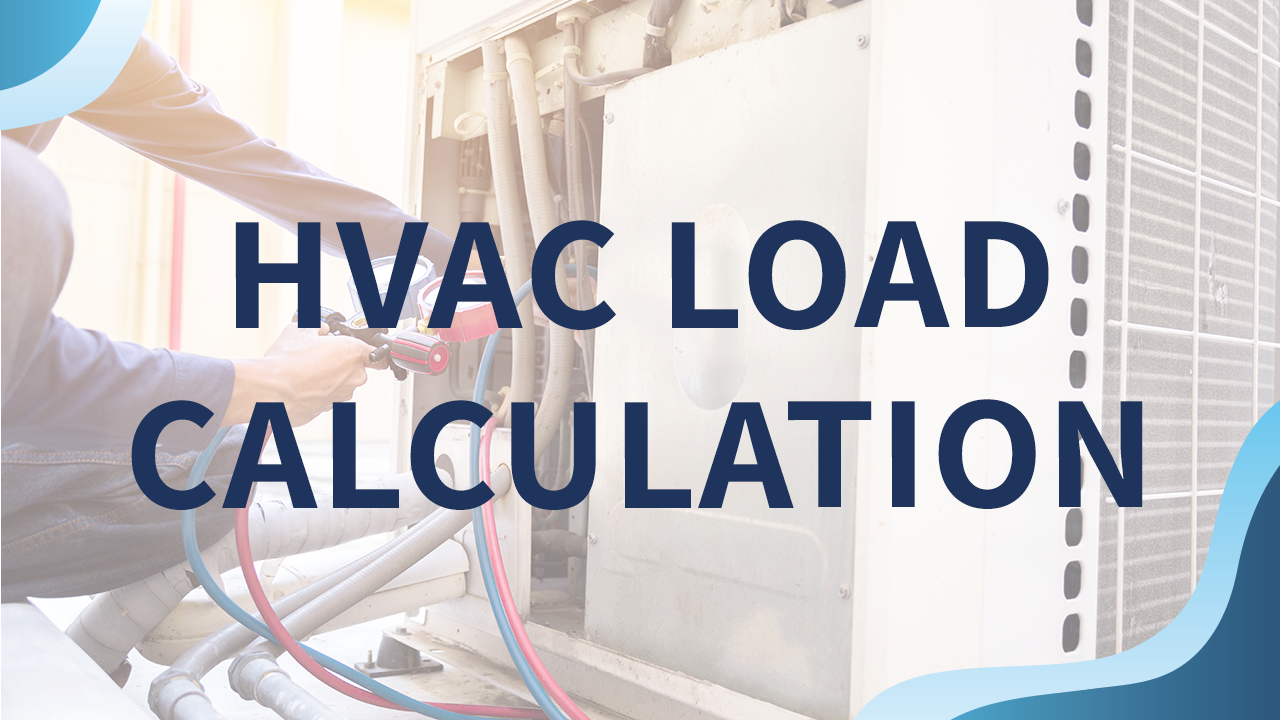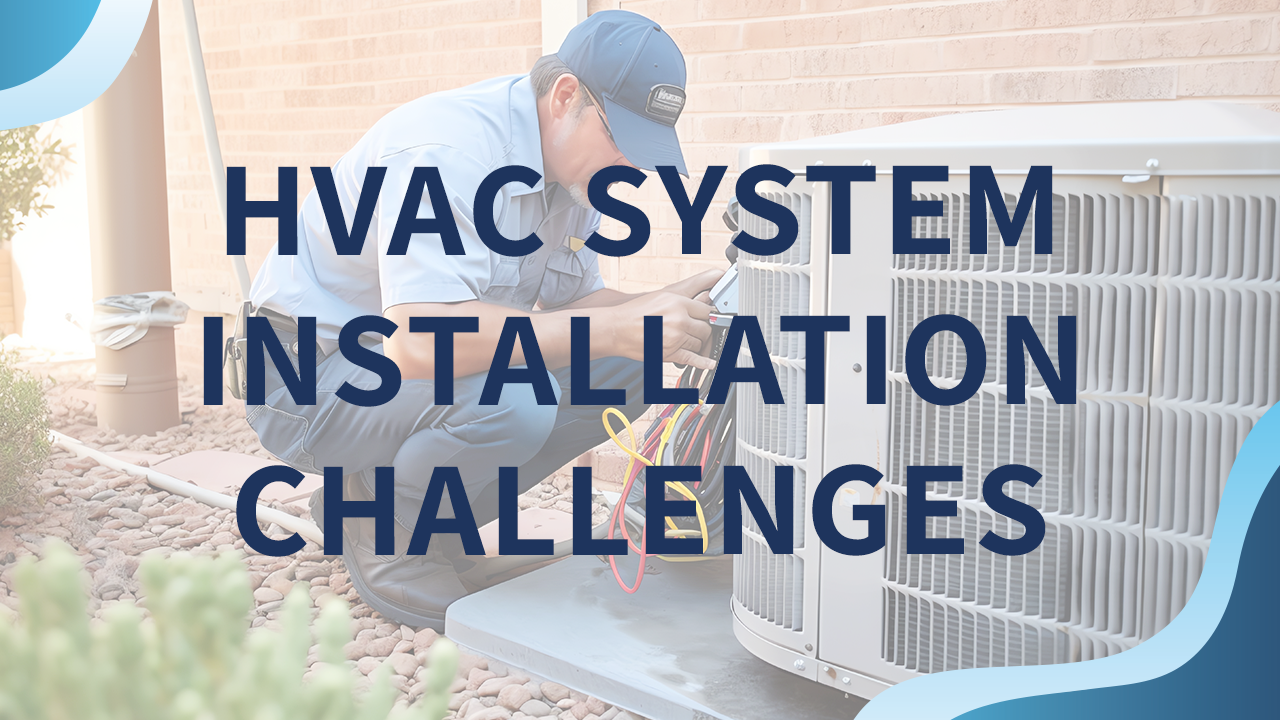Sonya Verny has worked within the real estate and facility management sector for over 15 years, overseeing business development and account management for Fortune 500 companies and AmLaw 100 firms.
Currently, Sonya is the Operations Director of Business Development for the Americas at Mace, specializing in Outsourced Facilities Management Operations. Sonya joined Mace earlier in 2020 to support the growth and development of the facilities management business across the Americas region, where she enjoys finding out more from corporate real estate leaders about their challenges and concerns, helping Mace to shape the future of the Industry.
Sonya is an active member of the industry and the community that sits behind it. Networking forms a huge part of her role at Mace. In addition to her work at Mace, Sonya is the Secretary of New York City chapter of IMFA and has previously held executive board member roles within local CoreNet chapters.
How does Mace utilize technologies and data-led insights to drive up value?
At Mace we are constantly gathering and analyzing data from across our business and our systems that are client facing. This allows us to accurately measure performance and recognize trends within the data to shape strategies and benefit from opportunities to introduce commercial savings.
For our clients we can compare month on month and year on year performance and address any shortfalls in performance. It also allows us to benchmark clients’ performance against others in their industry, and plan ahead for the future.
How has COVID impacted your business and facilities management, in your opinion?
We have witnessed a transformation of the industry during the pandemic, with facilities management evolving towards workplace experience management, recreating the office environment for employees wherever they may choose to work. There is more opportunity now for facilies management (FM) providers to lead in shaping the work environment of the future, working together with clients.
For the commercial office sector, which makes up a large proportion of our clients, FM is still required – even though some offices have previously stood, and still stand, empty for some time. These buildings still require a level of maintenance to ensure they are ready for occupation when they reopen.
For businesses outside the commercial office sector the requirement has varied. For healthcare settings and manufacturing, we’ve still seen a need for services, particularly cleaning where services have increased to maintain safe environments for employees.
What do you feel will be a new focus for facilities and property managers heading into 2021?
I think, particularly in the workplace, the focus will be on creating spaces that meet the needs of the employees. This year has provided an opportunity to reevaluate ways of working, and many businesses are seeing the benefit of a more flexible approach.
For facilities and property managers that will mean an increased focus on the employee experience in the workplace – including workplace design, the availability of services and applications, connectivity across the workplace and wellbeing.
The importance will lie in creating spaces that enable employees – allowing them to collaborate, communicate and be productive while they are in the office, and maintaining the connectivity they need when they are remote working.
Mace manages a variety of property types, from offices, to government buildings, to cultural landmarks. Do you see any overlap in the usage of PropTech across these property types?
Sensor technology and prop tech aren’t just for the workplace, and many buildings could benefit from utilizing these methods. Data gathered by these systems can be used for utilization studies and setting schedules for cleaning, or understanding when catering facilities will see spikes in customers.
Automated systems can also generate savings – both commercially and in energy use, by shutting off lighting, heating or ventilation when not in use.
Contactless technology is also likely to be adopted across a range of sectors, improving health and safety as well as hygiene standards by reducing contact between individuals, lowering the risk of contamination with viruses and bacteria.
How important is indoor air quality for your customers? Do you feel it’s more important now than before?
Indoor air quality has always been a key environment factor that can impact health and wellbeing, as well as the experiences our clients have in their buildings. Now more than ever though, maintaining a safe indoor air quality is crucial to ensuring public health.
In commercial spaces and the workplace air quality has been directly linked to performance for many years, and now has the added element of safety, with concerns over air-borne viruses.
In public spaces and residential buildings, the air quality is hugely important in lowering the risk of enabling virus outbreaks, in addition to maintaining safe levels of volatile organic compounds.
How do you feel the CRE supply chain has been impacted this year?
Our delivery model is built upon using best in class supply chain partners to deliver core FM services such as Cleaning, Security, Catering and Mechanical and Electrical engineering. This outsourced facilities management model is flexible and agile enabling us to make quick changes, something we have definitely had to do this year.
We are very close to our supply partners all of whom have been impacted during the pandemic. A reduction in scope across client accounts has led to a reduced or non-existent revenue for the majority.
Which technology are you most excited about right now and why?
Our core technology offering is strong at Mace. We deploy software and IoT products to help our clients deliver their specific goals. We use technology to improve efficiency and experience, while ensuring we are a safe, reliable and compliant operation.
Our Centre of Excellence team are looking at Integrators, these are solutions allowing us to connect systems and software which enable us to develop tailored workplace experiences to our clients.
What is the next big thing Mace is working on right now?
The next big thing for us, and many businesses and industries is net zero carbon. Around 40% of man-made global carbon emissions come from the construction and operation of buildings.
Our job is to support our clients achieve their objectives in sustainability, through our joint actions and initiatives, identifying opportunities in their corporate real estate.
Our people help clients to achieve their carbon ambitions, from shaping and developing corporate targets, to delivering estate-wide transition programs, constructing low carbon buildings, and developing and financing low carbon assets.












